All in one? New Report on Urban Mobility Stations in Practice
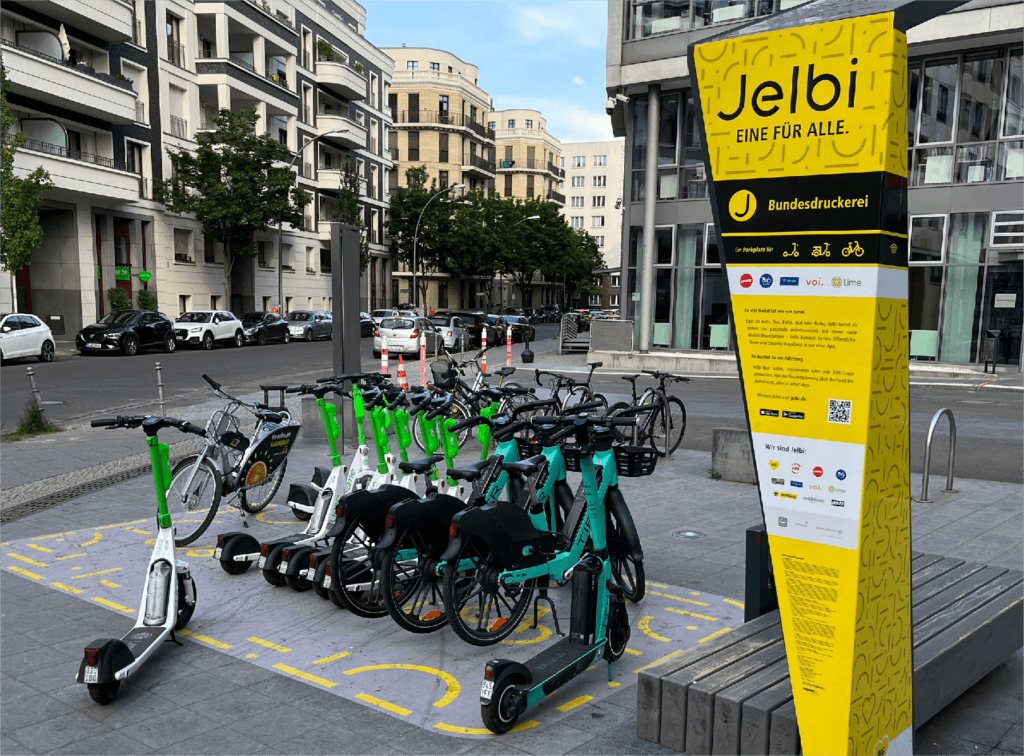
Based on interviews with stakeholders from public institutions, research institutes and traffic planning bureaus, the report highlights the importance of inclusive planning, the buy-in of all local actors as well as the consideration of specific spatial requirements in order to increase the acceptance of newly built mobility stations.
SUMP Foshan Pilot Area Implementation – Stakeholder Discussion on Key Measures

In addition to the city-wide measures developed as part of the SUMP for Foshan, experts from CSTC following the examination of local challenges, needs, and opportunities drafted measures for the pilot area. The suggested measures are in line with Foshan’s own ambitions and key plans for boosting green mobility in the city and tackling growing city-wide transport challenges, such as high car-dependency, congestion, and insufficient connectivity of the public transport and active mobility networks.
Interim Workshop – Establishing an Active Mobility Friendly City Indicator Framework for Chinese Cities

Carbon Transport (CLCT) , China Academy of Transportation Sciences (CATS) of the Ministry of Transport of the People’s Republic of China (MoT) and SinoCarbon. This workshop aims at presenting the interim output of the study, collect expert feedback, and discuss the challenges and solutions in promoting active mobility in China with different stakeholders.
Developing Smart Logistics for Sustainable Transport
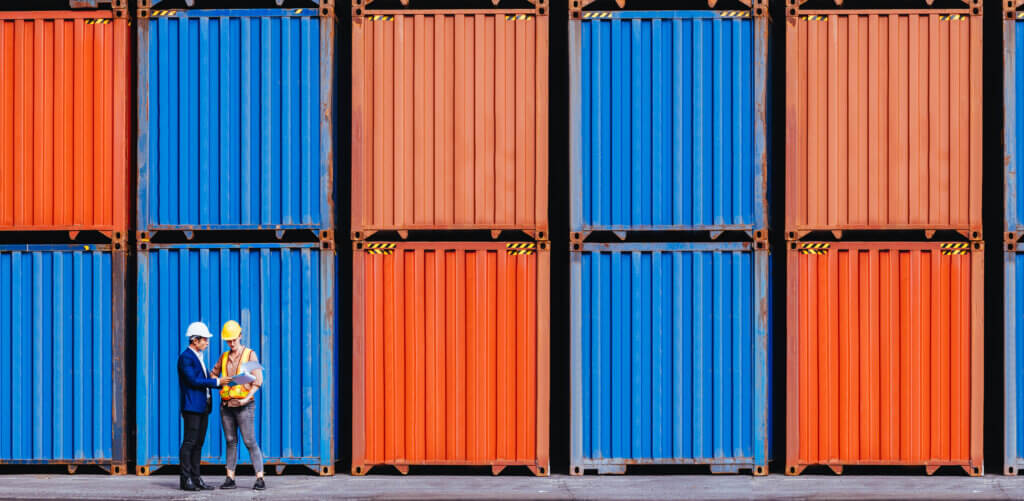
This study focusses on the smart logistics’ influence on sustainable and low carbon development, differences as well as similarities in the understanding and application of smart logistics in China and Germany are presented. Based upon this research, a common understanding of smart logistics is proposed, and an analysis of key driving factors and future development trends of smart logistics applications in China and Germany is provided. Finally, recommendations for the further and effective development and implementation of smart logistics are put forward based on the findings of this study.
High-Speed Railway Development for a Sustainable Transport Transition

The reduction of domestic and short-distance flights depicts an important tool to decarbonise the transport sector. Considering the rapid expansion of the high-speed rail (HSR) network in China, studies point at a significant diversification of people´s mobility choices, strengthening of intercity relations and overall benefits for the socio-economic development due to HSR development. The present […]
Transport and Climate Change Week 2022: Insights & Experience from China Shared at Global Sustainable Transport Conference

The 5th Transport and Climate Change Week (TCCW) took place between 9th and 13th May, 2022. It is an international conference focused on knowledge-sharing and peer-to-peer exchange on the challenges and best practices for achieving sustainability goals and decarbonisation in the transport sector. Around 1,500 experts and decision-makers from around the world joined the week-long conference through its online platform, where they could follow and engage with the events, as well as connect in online networking spaces.
Insights from China: How can we decarbonise the transport sector?
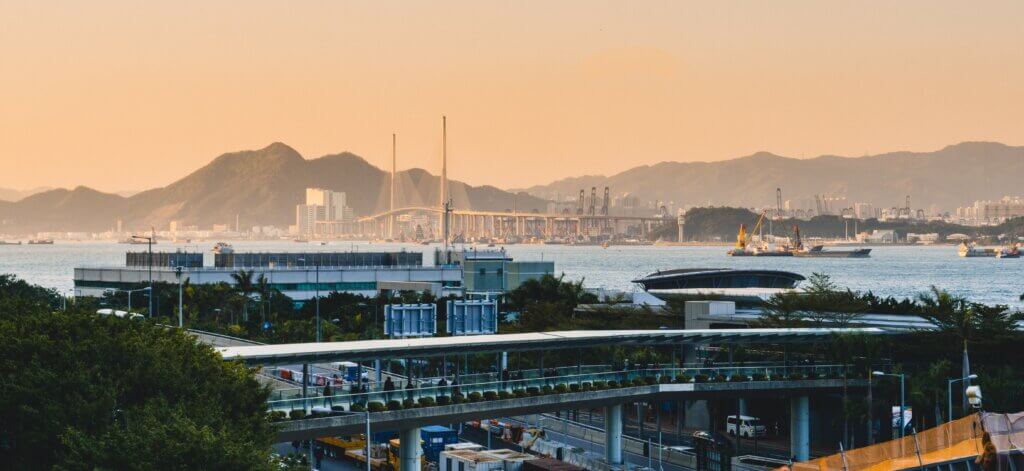
During the global online conference Transport and Climate Change Week 2022, the Sino-German Cooperation on Low Carbon Transport (CLCT) project was pleased to invite Mr Xu Honglei, vice president at the Transport Planning and Research Institute (TPRI) of the Ministry of Transport of the People’s Republic of China, to share insights on the key challenges and ongoing efforts in decarbonising China’s transport sector, and the steps needed to stimulate its green development.
From ‘Mobility-on-demand’ to ‘Mobility-as-a Service’: Promoting China’s Transition Towards Sustainable Transport Integration
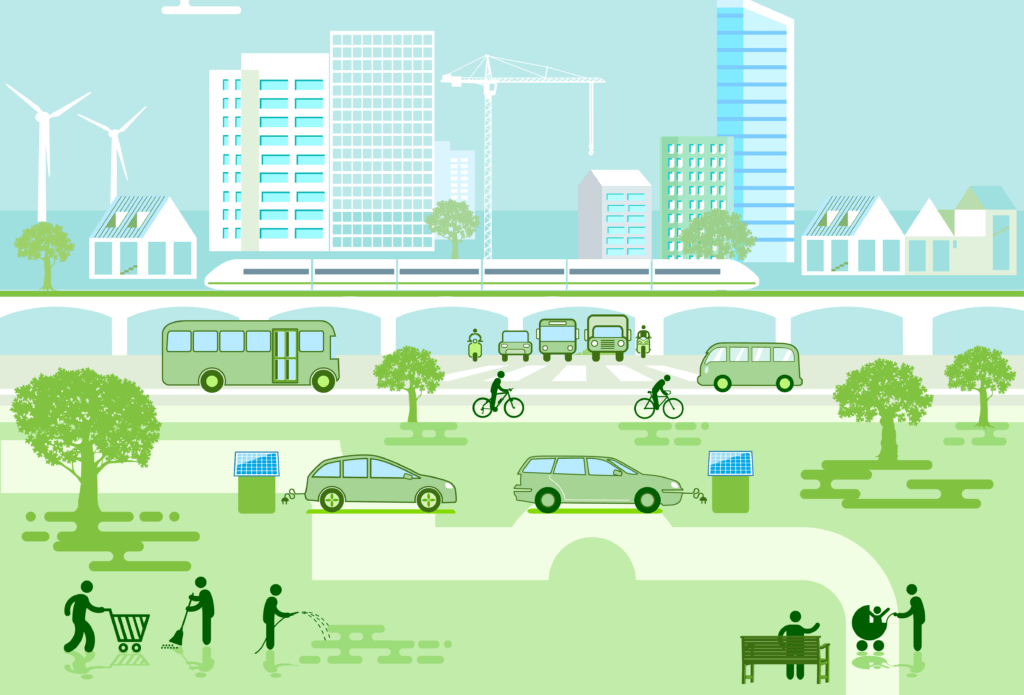
The MaaS study first analyzes the definition and global practices of MaaS. Then it depicts the current landscape, stakeholders, and barriers for China’s MoD services. With field investigations in Beijing, the Guangdong-Hongkong-Macau Greater Bay Area, Shenzhen, Guangzhou, and Foshan, local trails of MaaS cases in China were made. Based on the assessment of key components towards MaaS, the study provided policy recommendations for the further integration of MoD and the development of a Chinese MaaS ecosystem to the MoT.
Comparative Study on Urban Logistics and Last Mile Delivery Processes in Germany and China
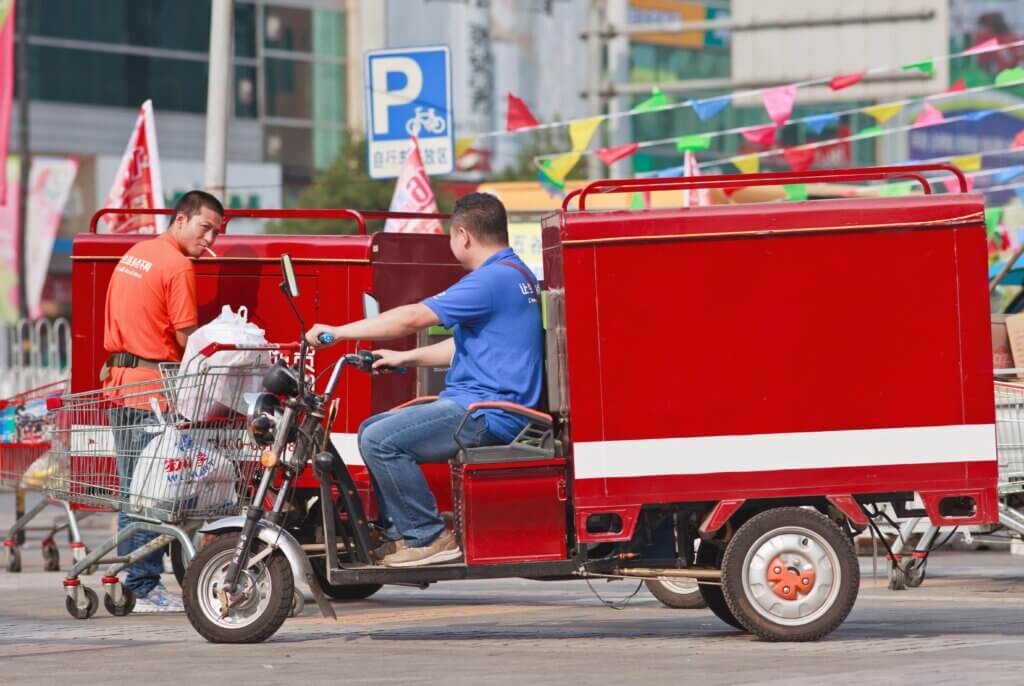
This study by the Bergische Universität Wuppertal (BUW) focusses on the comparison of the last mile delivery organisation and urban logistics in Berlin, Germany and Suzhou, China. It builds on two previous studies about the courier, express and parcels (CEP) markets in Germany and China. Furthermore, the study takes a look at Berlin’s and Suzhou’s city profiles in terms of economy, transport, and parcel delivery network. By comparing the cities’ structures and their approach to last mile deliveries, greenhouse gas emissions saving potentials for Berlin will be analysed and discussed.
Strategy Workshop for the SUMP Foshan: Finding a path for Foshan’s green mobility transition
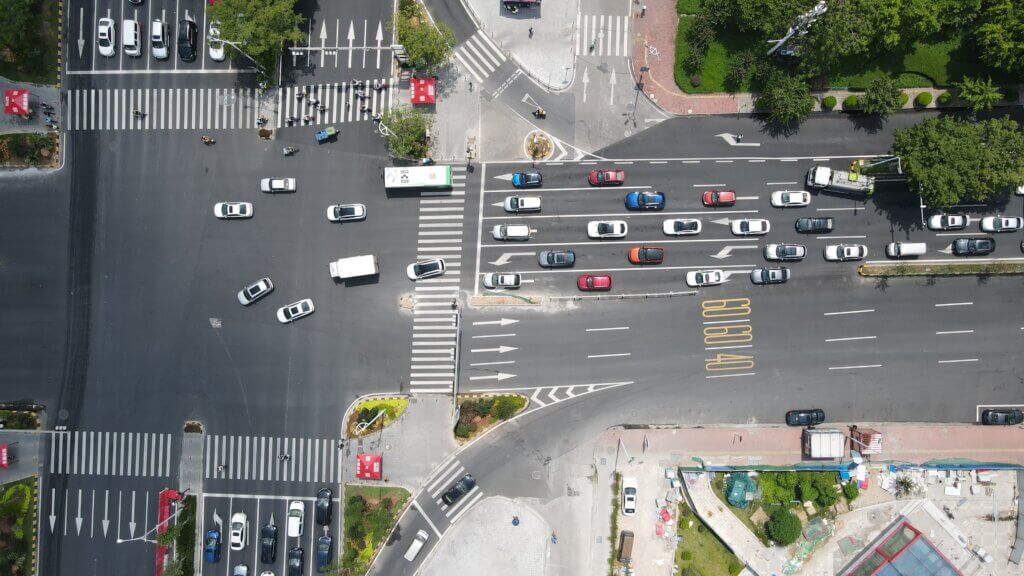
As a milestone of the Foshan SUMP pilot implementation, the online workshop was held by CSTC and GIZ with participation of CATS and the Foshan Transport Bureau as well as other local stakeholders and experts. The workshop was aimed at finalising the core elements of the strategy for the SUMP: scenario selection, vision, and objectives. During the workshop, the participants discussed 3 future scenarios (by 2035): 1. Rail-dominated development; 2. Balanced bus & rail development; 3. Multi-modal development. Selecting the 3rd scenario further informed the discussion of the vision and objectives of the SUMP. Finally, 37 city-level measures corresponding with the SUMP vision (incl. integrated transport planning, stronger motor vehicle management, and creating a vibrant active mobility environment), were introduced to gather initial stakeholder feedback.